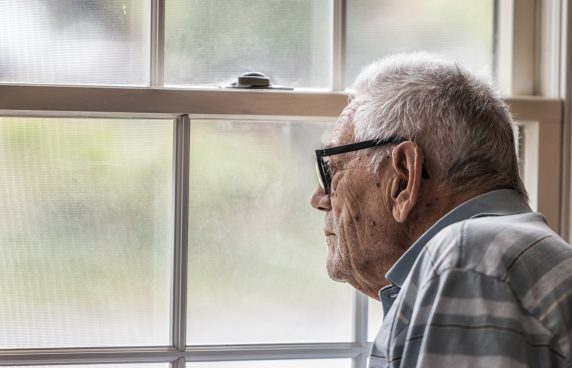GP-patient relationship is crucial for social prescribing uptake, study finds

A patient’s trust in their GP is an ‘important factor’ in influencing them to participate in social prescribing programmes, researchers have found.
The study, published in BJGP Open, evaluated a social prescribing pilot in Luton using data from semi-structured face-to-face interviews with service users, navigators and GPs and found that the GP-patient relationship was crucial to its uptake.
Researchers from the University of Bedfordshire carried out a thematic analysis, and found that service users expressed the importance of trust in their GP for influencing them to take up the social prescribing programme.
The paper included responses from patients offered the scheme, with one unnamed participant saying: ‘The thing is I know [name of GP]. We know each other for so long, I trust him. And I trust him that he knows me well enough, so I said “yeah okay.”’
These findings come as the new health secretary Matt Hancock has pledged £4.5m for social prescribing, in the hope that it will give GPs an alternative to ‘unsophisticated drugs’.
However, another recent study published in the BJGP found that the number of patients who are able to see their preferred GP is on the decline, falling by 27.5% between 2012 and 2017.
GPs quoted in the Luton study said that non-uptake of social prescribing was often due to patients being ‘entrenched in the traditional medical model’ with an expectation of a drug or further investigation.
Other GPs added that stigma attached to the non-medical needs of patients, such as social isolation and housing issues, might also act as a barrier to uptake.
The researchers wrote: ‘This study found that a trusted relationship between patients and health professionals promotes acceptance of physicians’ recommendations and improves adherence to health-related interventions due to patients’ trust in GPs’ judgments and advice.’
They added: ‘Navigators can have a vital role to play within primary care teams in the identification and response to non-medical needs of patients.’
Pulse July survey
Take our July 2025 survey to potentially win £1.000 worth of tokens

Visit Pulse Reference for details on 140 symptoms, including easily searchable symptoms and categories, offering you a free platform to check symptoms and receive potential diagnoses during consultations.











